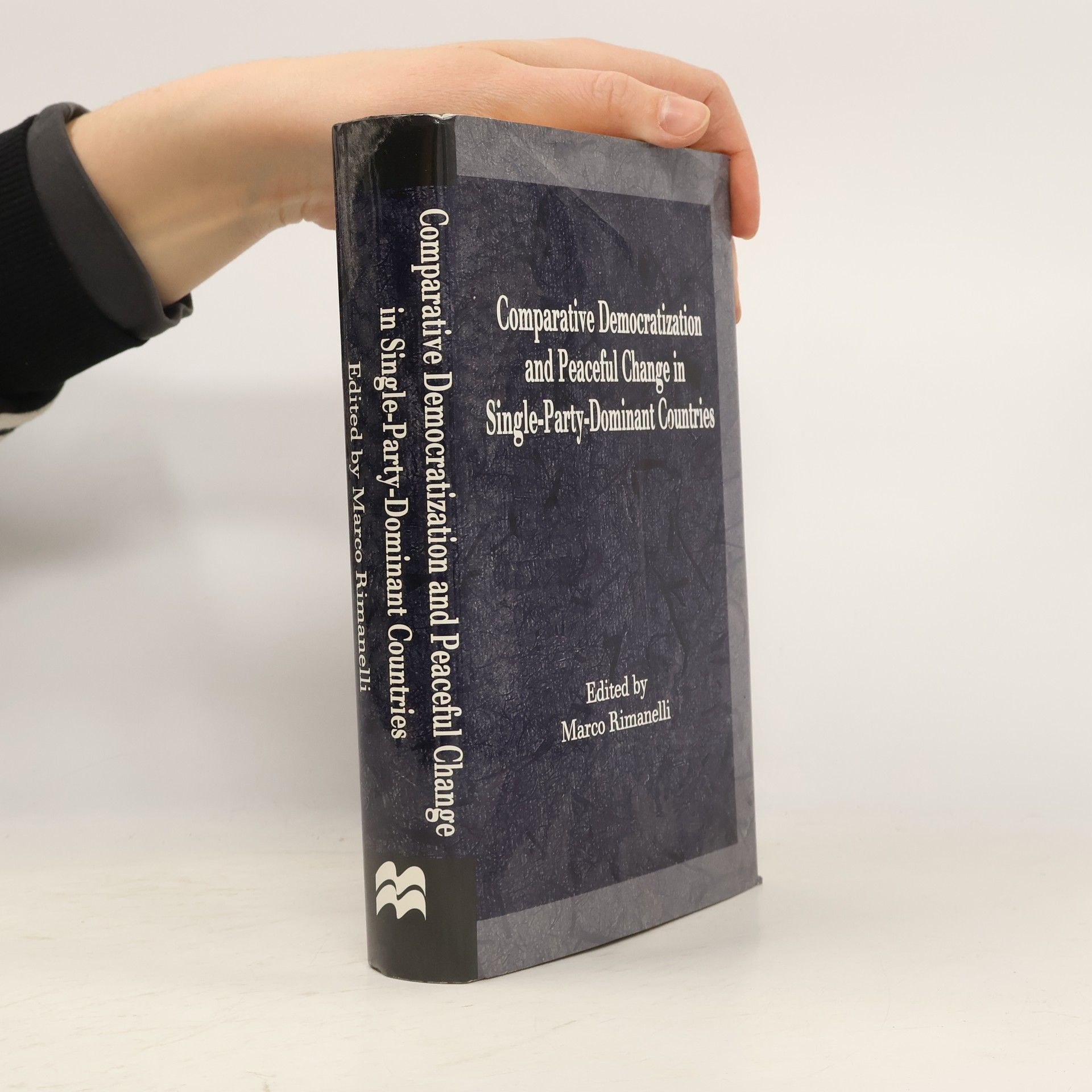Comparative Democratization and Peaceful Change in Single-Party-Dominant Countries
- 454 pages
- 16 hours of reading
One of the more positive international trends as of late has been the transformation of several countries from authoritarian-based dictatorships and single party systems into multi-party democracies characterized by peaceful political transitions. This text analyzes this progression on a comparative level. The contributors examine previously right-wing regimes in Brazil, Argentina, and South Africa, former Communist states in Russia, Poland, Hungary, and Czechoslovakia, and single party dominant democracies in Italy, Japan, Mexico, and Israel. The essays reveal how the dramatic collapse of the USSR functioned as a crucial catalyst in allowing pent-up domestic pressures for change to emerge in a less charged international environment. In addition, the chapters study the historical and current evolution of these countries, focusing on their success in developing long-term pluralistic structures, and gauging whether these recent trends are more overnight fads than long lasting advancements.
